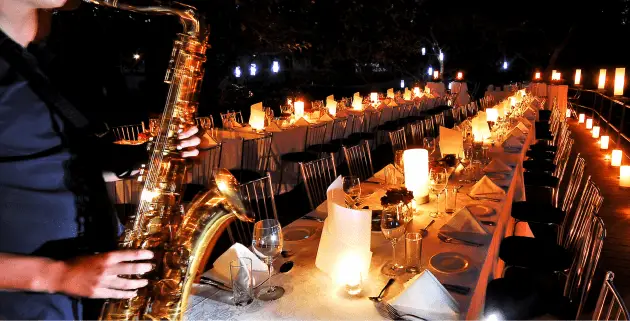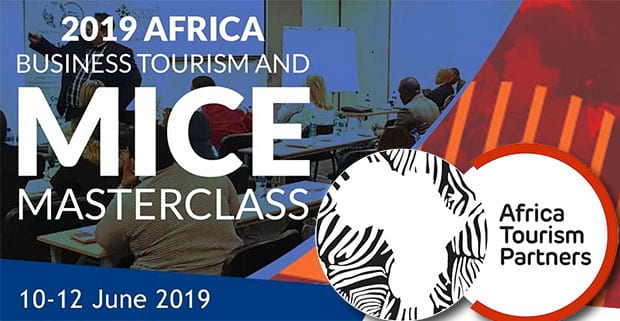Status of Festivals in South Africa
Recent research into the status of festivals in South Africa has produced some interesting findings, writes Prof Melville Snyman.
The TREES (Tourism Research in Economic Environs and Society) research focus area at the North-West University, wanted to determine how many festivals there are and what types of festivals are hosted in each of South Africa’s provinces.
 Festivals have several benefits, which is one of the key reasons why regions want to host them, such as addressing seasonality, growing visitation numbers, promoting a town, region or destination, establishing an image, contributing to job creation, and providing locals the opportunity to experience something that they might otherwise never had the opportunity to experience.
Festivals have several benefits, which is one of the key reasons why regions want to host them, such as addressing seasonality, growing visitation numbers, promoting a town, region or destination, establishing an image, contributing to job creation, and providing locals the opportunity to experience something that they might otherwise never had the opportunity to experience.
These are just a few of the benefits. However, let us start by defining what a festival is – a festival is an event celebrating a unique aspect of a particular community and can be once-off or reoccurring. Therefore, one gets a variety of festivals such as arts, music, agricultural, wine, food, and religious, to name but a few, which are generally unique to a region or destination.
How was this research conducted?
First of all, we determined the number of festivals to create a database. Then we contacted the festival organisers who had to complete a questionnaire. One-hundred-and-fifty (150) festival organisers participated in the survey, and the results were interesting. First of all, the number of festivals in South Africa has increased significantly from approximately 100 in 1994 to 626 in 2015.
What are the top three types of festivals hosted in South Africa?
Results show these are arts (22%), food (16%) and wine (12%). These categories are based on the primary focus of the festival. Another 12% indicated that they combine several themes instead of focusing on just one. The average length of festivals is three days and most festivals (97%) are held annually.
If one looks at the distribution of festivals in South Africa, it reveals some very interesting facts and it is here that government can play a more proactive role in order to distribute festivals to a larger population in South Africa.
The province that hosts the most festivals is the Western Cape (46%), followed by Gauteng (18%) and the Eastern Cape (9%). If one looks at the different provinces and what they offer tourists or can offer tourists or festinos, it is clear that most provinces (cities or towns) are not using festivals effectively in order to grow their visitation numbers and this is a huge missed opportunity. I am, however, not advocating more festivals for the sake of festivals, but rather more festivals that support what a city (community), town or region is all about. Festivals should therefore be unique to a region or city and most festivals start small, like any business opportunity, and then grow. Many festival organisers are discouraged if they do not attract thousands of visitors in year one.
One of the greatest advantages of festivals is that it also supports numerous entrepreneurs by giving them the opportunity to host events or market and sell their products. These entrepreneurs are also called artrepreneurs or eventrepreneurs. Festivals are therefore also a boost for the creative industries and if South Africa is serious about growing entrepreneurs and job creation, then we need to develop a strategy on how to grow this segment. The last and probably the most important question is:
Have festival organisers experienced a decline in attendance numbers?
With the significant increase in number of festivals, 18% of the respondents indicated that there is a decline; however, seventy-six percent (76%) indicated that they have not experienced declines. Festivals are dependent on sponsorships, and getting the local community involved in hosting the festival is important.
Festivals are an important part of the tourism offering, and some of the festivals in South Africa are internationally renown. South Africa has an opportunity to position more festivals on the international calendar of events, and this has significant advantages for the country. The most critical aspect remains that festivals should offer unique experiences.






